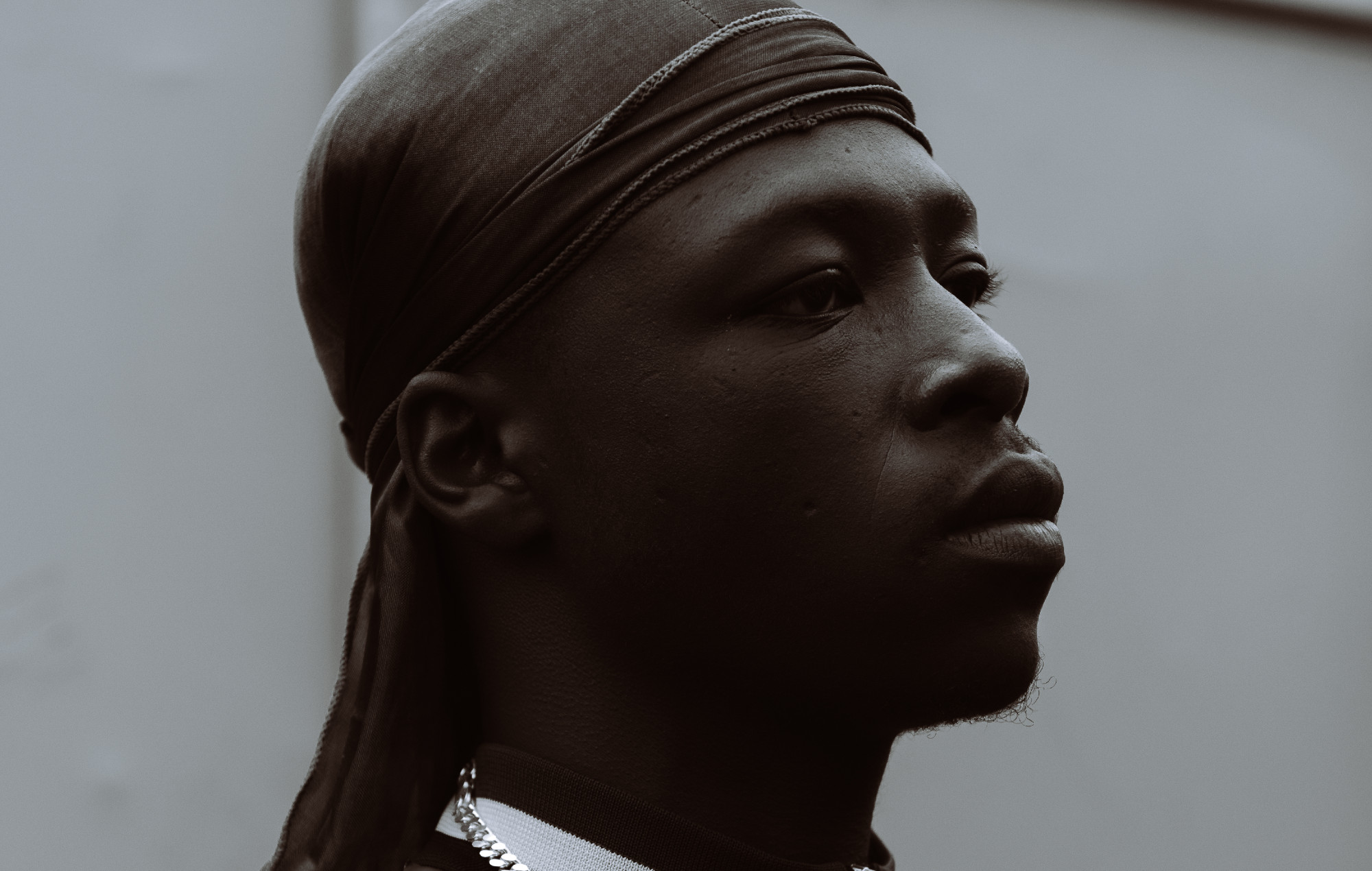NME | Music, Film, TV, Gaming & Pop Culture News

Last night’s Zoom drinks descended into self-loathing even quicker than normal. Chatting about what we’re watching on TV (what else?), a friend made a confession that far too many of us can relate to. “I’ve just finished the last episode of Emily In Paris and I’ve never hated myself more”. Why did they watch it if they didn’t like it? They had no idea. Bear in mind that this wasn’t someone watching something bad-but-good, cheesy-but-fun, or ironically-awful, this was a grown woman sitting through 10 episodes of something they genuinely didn’t enjoy watching – with no logical explanation why. And she’s not alone.
This year’s Golden Globes nominations sparked plenty of anger about what got snubbed (I May Destroy You, Da 5 Bloods, Ammonite…), but the real rage was saved for the weird fact that Emily In Paris somehow picked up two nods, for Best Actress and Best Television Series. Even if the show doesn’t triumph this weekend when the winners are announced, die-hard fans would be hard pressed to argue that it deserves to be even among the nominees.

Scriptwriter Dani Fernandez tapped into the problem with a tweet that gave us a whole new phrase to explain what’s actually going on. “I’m begging y’all to stop hate-binging shows,” she wrote. “It DOES affect the rest of us… And [it] affects the notes we get from studios and I’m not even kidding.”
Hate-binging, it turns out, is a depressingly accurate term for the way our viewing habits have changed over the last year. The Netflix equivalent of doom-scrolling, hate-binging is what happens when we commit to a series we don’t like – spending our days working from home and our evenings binge-watching shit that makes us miserable.
We asked NME readers if they’ve ever hate-binged a TV show and the results made pretty sad reading, with a whopping 73% admitting they had.
Have you ever binged a TV show even though you didn't think it was very good? If so, what?
— NME (@NME) February 9, 2021
Emily In Paris took most of the flak in the comments, but there was also a lot of hate left for Game Of Thrones, Lost, True Blood, The Walking Dead and Bridgerton. More interesting though, were some of the confessionals. “I watched three whole seasons before deciding it wasn’t for me…”, says one. “The last few seasons were absolute torture…”, “I’m on season 4 of Vikings and I have no idea why!”. No one, in fact, seems to have any idea why they keep watching something that’s “absolute torture” – but no one seems to be able to switch it off either.
For some, it’s all about seeing how the story ends. Shows like Lost and Game Of Thrones are built around cliff-hangers – feeding our obsession with completion by constantly teasing the next part of the narrative. We might not really care if they ever got off that island, but part of us still wants to know, just so we can close the lid of the box set and move on to something else. But with most shows spanning several months of our lives (Lost ran for more than 90 hours, The Walking Dead is at 131 and still going…) it seems like a pretty big commitment to put in for a plot synopsis we could read on Wikipedia. Clearly, something else is going on here.

Yale Professor Ravi Dhar ran a study on negative emotions back in 2015, discovering that the part of our brain that lets us experience pleasure is closely tied to the part that triggers our feelings of guilt. “When you feel guilty, you may actually get more pleasure,” concluded Dhar, going on to relate his findings to the world of advertising and why it feels so good to eat a whole chocolate bar in one go. But is watching Emily In Paris even a guilty pleasure if we don’t actually get any pleasure from it? Is seeing Lily Collins eat a really nice-looking croissant some mad Zoom-addled form of self-punishment?
Apparently not. According to clinical psychologist Timothy Carey, none of us actually ever willingly do anything we don’t want to – even though we might not realise why.
“Sometimes it’s hard to describe what we want or why we acted in a particular way, but the existence of a want doesn’t depend on our ability to describe it,” Carey explains to Psychology Today. “An important thing to appreciate about wants is that wants are all about results, not actions… While you don’t necessarily want to be working late, you do want your boss to think you’re conscientious and dependable, and you do want your boss to consider you for promotion in the next few months.”
I’m begging y’all to stop hate-binging shows it DOES affect the rest of us.
And affects the notes we get from studios and I’m not even kidding.
— Dani Fernandez (@msdanifernandez) February 3, 2021
So… we hate-binged Emily In Paris because we secretly just wanted to? The last year has been pretty fucking awful for everyone, so maybe we just don’t want to admit to ourselves that we’re finding comfort in something lighter, easier, frothier and happier than whatever else is going on in our lives. We’re so spoilt by so many other great, well-made shows, that when we watch something average (but sub-consciously enjoyable), we often convince ourselves that we actually hate it.
There are bigger issues to contend with here – not least Dani Fernandez’s original point about viewing stats having a big impact on the kind of shows that keep getting made – but maybe we all need to stop hating ourselves for hating shows that we don’t really hate at all?
The post What is “hate-binging” and why are we doing it to ourselves? appeared first on NME | Music, Film, TV, Gaming & Pop Culture News.




